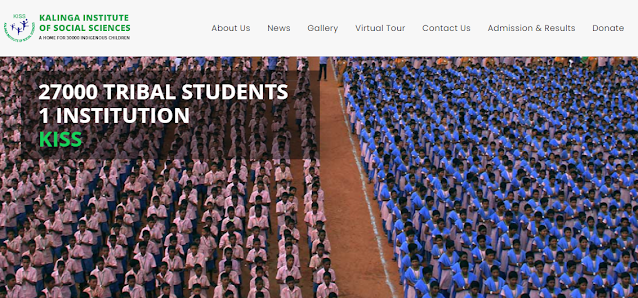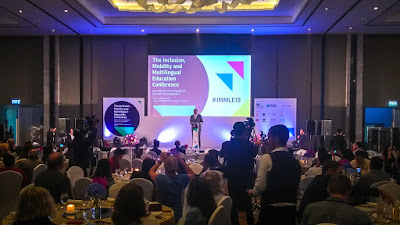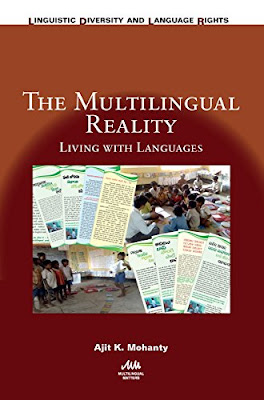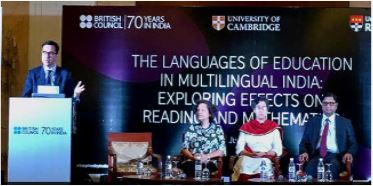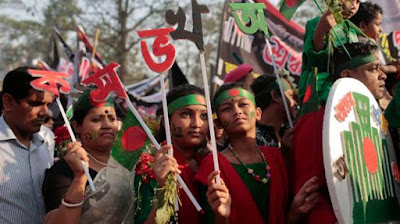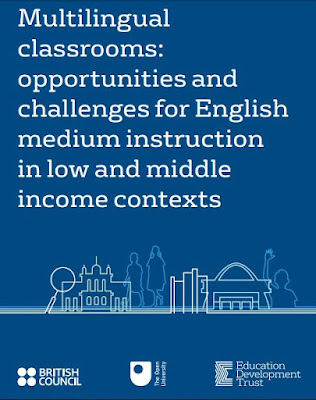Smiling in Every Language: Reflections on MLE from Dr.Subir Shukla

It was inspiring to listen to Dr Subir Shukla at the Lead India webinar recently. Subir challenged us that we tend to spend far too much energy and time on the 𝘦𝘹𝘵𝘳𝘪𝘯𝘴𝘪𝘤 dimensions of multilingual education: developing textbooks, solving orthography issues, creating certificates, etc. We should spend more energy on the 𝘪𝘯𝘵𝘳𝘪𝘯𝘴𝘪𝘤 dimensions: using the languages of the children to connect with the children, to draw them out, to let them engage. That makes more difference in the learning results than getting the curriculum in the "right" languages. If that is the case, we might need to change the narrative around what MLE is about . Let us explore what Subhir had to say! At the September 2025 LEAD Community of Practice meeting, Dr. Subir Shukla challenged a persistent misconception about Multilingual Education (MLE): that MLE is seen as a project but should be more than a project or program — a part of the education system as a whole. While acknowledging the t...



